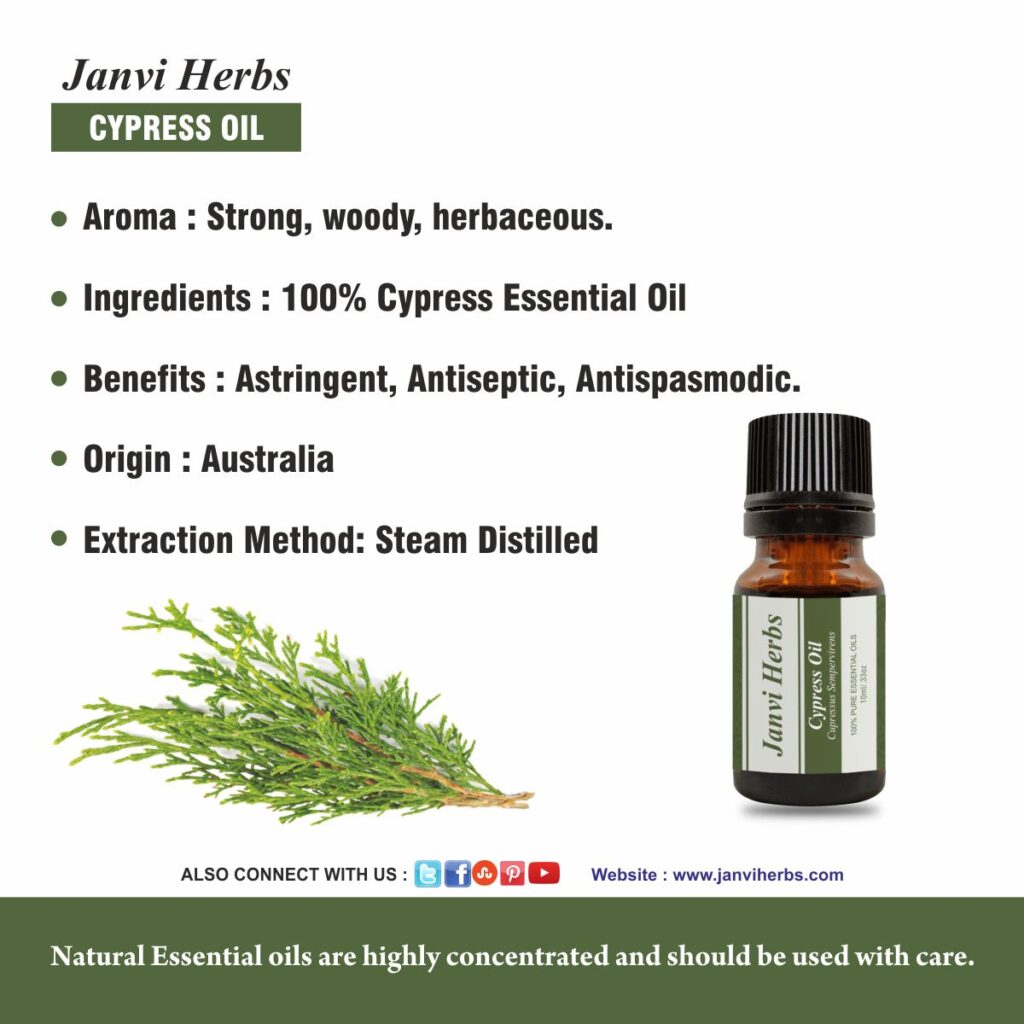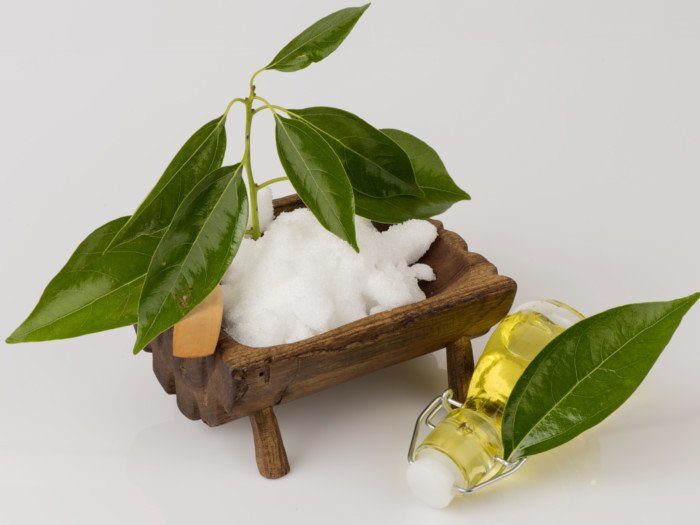Organic essential oils are concentrated aromatic liquids derived from various parts of plants, such as leaves, flowers, stems, roots, and even seeds. These oils capture the natural fragrance and beneficial properties of the plants they are extracted from. Organic essential oils are obtained through processes like steam distillation, cold-press extraction, or solvent extraction, depending on the type of plant material used.
The term “organic” refers to the way plants are grown and processed. Organic farming avoids the use of synthetic pesticides, herbicides, and chemical fertilizers. This can result in essential oils that are considered more natural and less likely to contain harmful residues.
Benefits of organic essential oils:
- Aromatherapy: Organic essential oils are commonly used in aromatherapy for their pleasing scents and potential psychological effects. Inhaling the aroma of these oils can have a positive impact on mood, relaxation, and stress reduction.
- Skin Care: Some organic essential oils have properties that can be beneficial for the skin. They might be used in natural skincare products to help address issues like dryness, acne, inflammation, and signs of aging.
- Relaxation and Stress Relief: Many organic essential oils, such as lavender, chamomile, and frankincense, are known for their calming and relaxing properties. They can be used in diffusers, baths, or massages to promote relaxation and reduce stress.
- Pain Relief: Certain essential oils, such as peppermint and eucalyptus, have analgesic properties that can help alleviate minor aches and pains. They are sometimes used in massage blends or topical applications.

- Respiratory Support: Organic essential oils like eucalyptus, tea tree, and peppermint can be helpful for respiratory issues. Inhaling their vapors may help clear congestion and soothe airways.
- Antimicrobial Properties: Some organic essential oils have natural antimicrobial properties. Tea tree, thyme, and oregano oils, for example, are used for their potential to combat bacteria, viruses, and fungi.
- Enhancing Mood and Energy: Citrus oils like lemon, orange, and grapefruit are often used to uplift mood and provide an energy boost. They can be diffused or added to personal care products.
- Improved Sleep: Essential oils like lavender and chamomile are popular choices for promoting better sleep and managing insomnia. Their calming scents may help create a more conducive sleep environment.
- Natural Cleaning: Certain organic essential oils possess antiseptic properties that make them useful for creating natural cleaning solutions. They can be added to homemade cleaning products for their fragrance and cleaning power.
It’s important to note that while organic essential oils offer various potential benefits, individual reactions can vary. Some people may be sensitive or allergic to specific oils, so it’s advisable to perform a patch test before using them extensively. Additionally, essential oils are highly concentrated substances and should be used with caution. Pregnant individuals, children, and pets may have different sensitivities to essential oils, so consulting with a healthcare professional before use is recommended.









